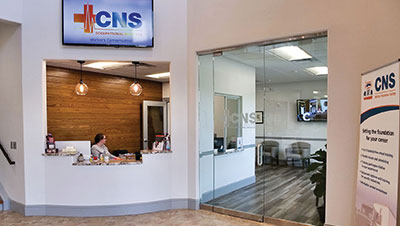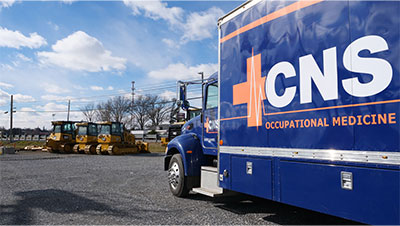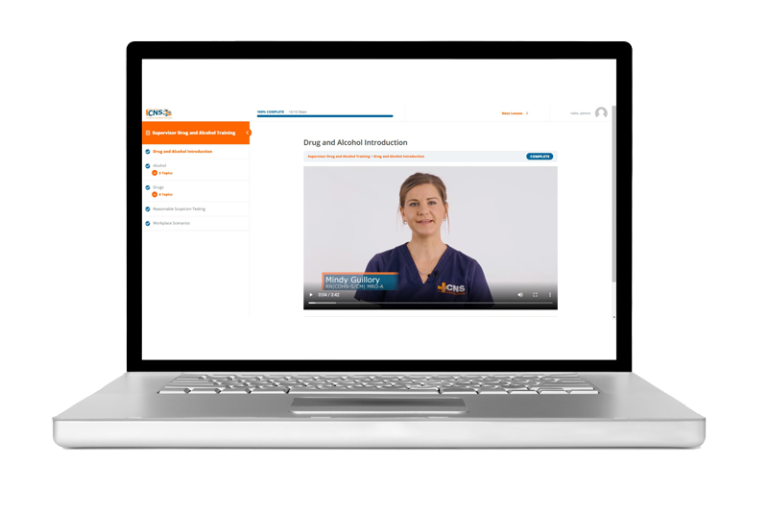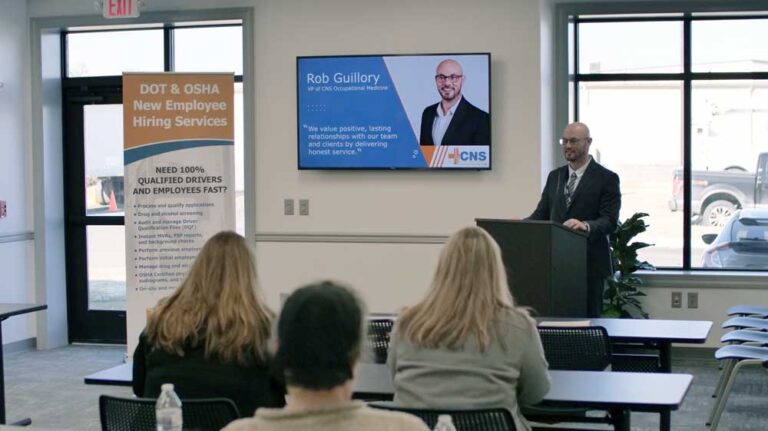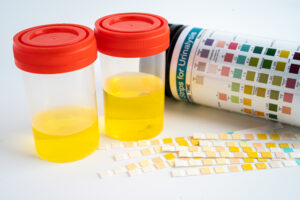Instead of firing a good employee for a non-negative drug test, give them a second chance by putting them through a return-to-work program
Employers who have a drug testing policy are either federally regulated to do so or are concerned about employee health, workplace safety, or business risk.
These companies also face legal and social acceptance of drug legalization across the country.
As of September 2021, 18 states have fully legalized marijuana while 40 states have some form for legalization or decriminalization of marijuana. Some of these states even have laws prohibiting employers from discriminating against medical marijuana users.
While a well-structured drug testing policy can greatly reduce workplace injuries and business risk, many of these policies fire the employee for any non-negative drug test result.
The balance employers are dealing with is how to keep the workplace safe, reduce employee turnover, and hire qualified employees.
Companies can achieve this by taking another look at the employee consequences in their drug testing policies and implement a return-to-work program.
What to consider in a company drug testing policy
Most workplace drug and alcohol policies focus on two objectives: deter inappropriate use of drugs and alcohol in the workplace, and comply with local, state, and federal regulations.
A company’s drug testing policy could include any of these reasons to test:
- Pre-employment
- Random testing programs
- Reasonable suspicion
- Post-accident testing
- Return-to-work and follow-up testing
Employers who worry about workplace safety can create a balanced drug testing policy structured around your priorities.
For example, if your business is not federally regulated, you can:
- implement a random testing program that target safety-sensitive positions
- test only during the hiring process, or
- test only after a workplace accident caused $5,000 of damage or more
You can set-up a policy wherever you feel comfortable starting, just be sure you clearly state when testing is required and the consequences of a positive test.
Want to talk to an OCCUPATIONAL MEDICINE SPECIALIST about your WORKPLACE DRUG POLICY?
Drug testing policies can lack empathy and loss of good employees
The most overlooked area in a drug testing policy is what to do when there is a non-negative drug test result. We phrase it non-negative as a drug test can be positive, false positive, false negative, or negative.
Employers who do not want to terminate their employee due to a non-negative drug test must consider other options in their drug testing policy.
STEP 1: Relieve employee of work duties
The first step is usually relieving the employee of all duties at work, especially if they have a safety-sensitive position.
A company does not want to put the employee or other staff at risk if the result of the test is known to be positive.
STEP 2: Offer an Employee Assistance Program (EAP)
Second, the company should consider a return-to-work program that details when and how to get the employee back on the job.
One way to do this is offering an Employee Assistance Program (EAP) that gives the employee a second chance by participating in a treatment or counseling program.
STEP 3: Bring the employee back to work
After the employee completes the EAP, the employer may bring the employee back to the workplace.
STEP 4: Ease the employee into work duties
If an employee participates in the Employee Assistance Program and returns to work, the focus should be on continued recovery and easing back into work duties.
CNS Occupational Medicine can help companies with customized policy development
Drug testing policies can be complicated and should consider:
- Purpose of the Policy
- Specimen Types
- Testing Procedures
- Prescription Drug Disclosure
- Federal Regulations (DOT)
- State Drug Testing Laws and Marijuana Laws
- Workers’ Compensation
- ADA
- Prohibited Conduct
- Consequences
Our Occupational Medicine Team can also develop a custom workplace safety plan for your company. You may need a combination of services like physicals, COVID-19 testing, and drug testing, and you may also need these services performed on-site.
For more information, contact us at 800.551.9816 or info@cnsoccmed.com.

